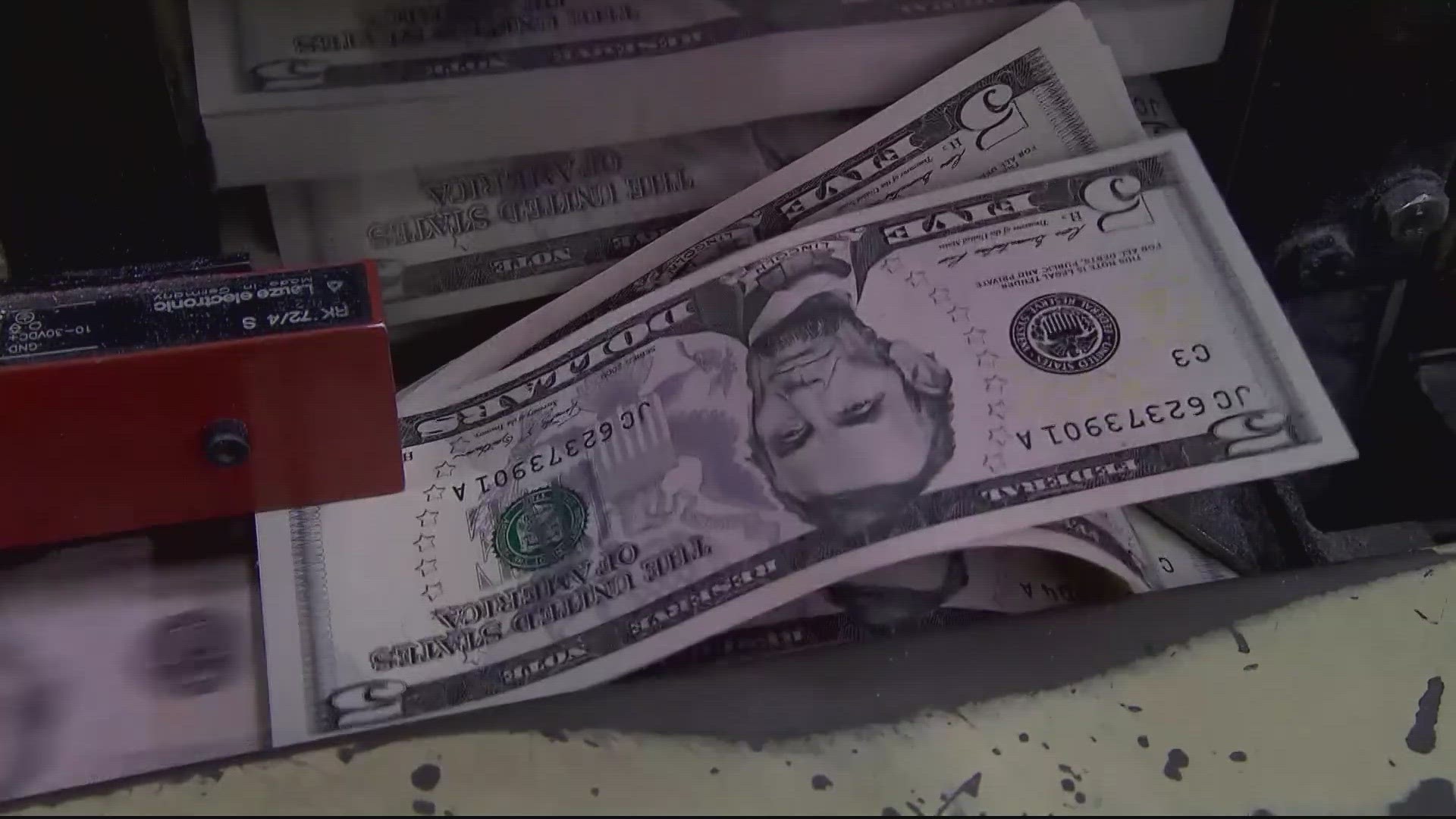WASHINGTON — Members of Congress are expected to go home for the holiday weekend while the government remains locked in debt ceiling talks. With the deadline looming and time to compromise running out, Wall Street is getting nervous.
On May 24, Fitch Ratings, one of the big three credit rating agencies, signaled a potential downgrade by putting the country’s AAA credit on Rating Watch Negative. In the release, Fitch noted that failure to reach a deal by June 1 would likely be inconsistent with its highest creditworthiness score.
THE QUESTION
Has the United States’ credit rating ever been reduced before?
THE SOURCES
THE ANSWER
Yes, the United States’ credit rating has been reduced before due to fights over the debt ceiling.
WHAT WE FOUND
At the time of writing, the United States currently has the best possible credit ratings with both Fitch and Moody’s - AAA and AAA respectively.
However, The United States' rating with S&P Global’s is AA+, its second-highest. That’s because S&P downgraded the US back in 2011.
The rating agency dropped the United State’s rating from AAA to AA+ as a result of a conflict over the debt ceiling, just like this one.
Even though a crisis was averted in 2011, S&P has kept its rating at that second-best level ever since because of political risks and our growing national debt.
Another, smaller rating company also downgraded U.S. credit during that era. Egan-Jones did so twice: first in 2011, and then again in 2012.
With Fitch putting the U.S. on Rating Watch Negative, we might see a repeat of 2011 if an agreement isn’t reached before the June 1 deadline.
What could that mean for Americans? A lower credit rating would likely make it more expensive for the U.S. to borrow money. That in turn would raise interest rates throughout the banking system, making it more expensive for people to get loans for cars, houses, and other big-ticket items.

